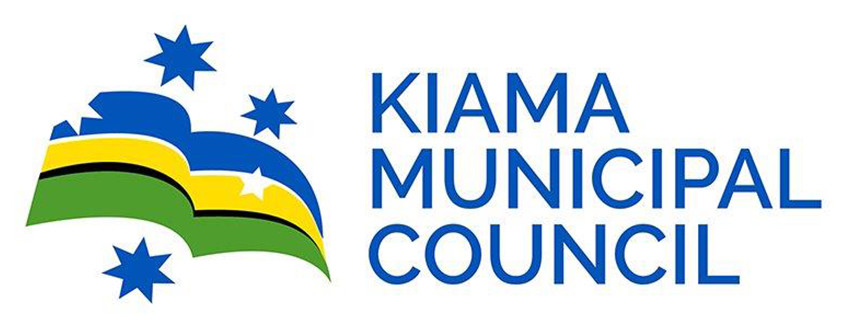There have been many success stories recorded over the years of European immigrants making major contributions to Australian society and in a country where sport dominates the lives of the common man, Ange Postecoglou has achieved national acceptance.
From the time he grew up as a young boy in Melbourne, his identification with football served to bring him closer to his father and cemented a lifelong love of the game.
“Changing the Game” is a thought provoking account of his journey from junior footballer and coach to the summit as national coach.
Postecoglou doesnt just worship football, he eats, sleeps and breathes it.
Coming from the era of “old soccer” as it is described by the new wave of administrators who currently control the game, he is proud of the game’s heritage and throughout the book pays tribute to the ethnic clubs formed in the post war period and particularly to the achievements of the N.S.L.
He laments the game has left the expertise of the past players and administrators behind but at the same time emphasises without the re- emergence of Frank Lowy, the game wouldn’t be where it is today.
Unlike many of his former team-mates, he has survived the cut-throat world of football despite many experiences which would’ve driven most people away from the game.
His demise as head of the Australian youth team setup in 2007, after spending seven years in the job, could’ve meant an end to his association with the game at the top level, particularly with the harsh personal attack he received from Craig Foster, former Socceroo and SBS analyst on live television.
However, the decision to keep his counsel was an indication he had the right temperament to succeed and undoubtedly one of his finest moments.
This event prepared him for his coaching experiences in Greece and his systematic approach to clearing out the dressing room at Brisbane Roar, followed by the record undefeated run at the club.
However, without doubt his finest hour was the lifting of the Asian Cup which was the perfect present for the members of the 1965 Australian team which played the first World Cup matches against North Korea.
The fact the Local Organising Committee of the Asian Cup wouldn’t recognise this great team was a blight on the game but at least the FFA made amends by recognising these pioneers, six months after the great Asian Cup victory when they inducted them into the Australian Hall of Fame and conducted an official function to honour their deeds.
Postecoglou talks extensively about youth football in the book and makes the claim it’s much harder to qualify through Asia.
However, he knows we don’t produce quality players any more like Johnston, Crino, Lazaridis, Patikas ,Katholos, Soper, the Vidmar Bros, Slater,Mitchell, Petersen, Taliadoros, Trimboli, Corica, Viduka,Okon, Farina, Krncevic,Davidson, Barnes and countless others.
Where are the technical coaches because we just don’t have them, only coaches who produce programmed athletes with limited skills?
Postecoglou’s concept of taking the game to our opponents is refreshing but the fact is we have too few players who can take the ball from the back and few midfielders and wide players who can take on opponents and open up defences.
Our national team is full of enthusiasm but lacks quality across the park and woe betide when Timmy Cahill retires because the Socceroos will struggle to score goals.
These are the intriguing questions which remain unanswered in the book by Postecoglou and his co-author, Andy Harper.
Let’s hope after retirement from coaching, Postecoglou is not confined to the graveyard of former football coaches like Les Scheinflug, Raoul Blanco and Rale Rasic.
The book is a must read for all supporters of the game and particularly the non-football people who have dominated the game since the A- League started.
These people are convinced the game was never played before 2005 and refuse to acknowledge the huge contribution made by their predecessors who are willing to still be involved if they were only asked.



